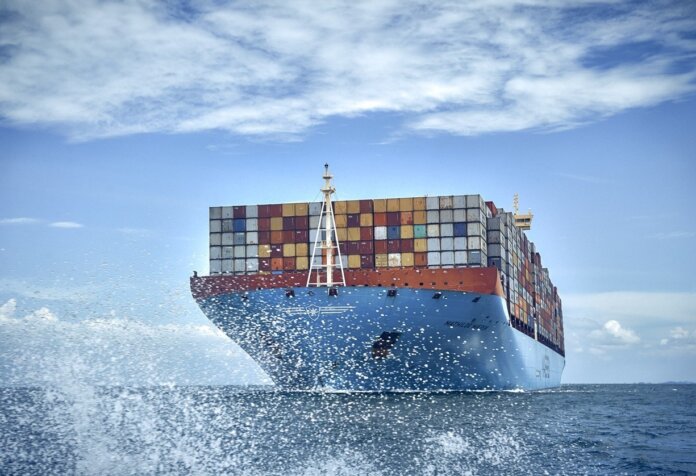Volvo Cars has announced a new initiative to use renewable fuel in container ships bringing production material across the ocean.
Volvo, which claims to be the first global car maker to announce such a switch, will achieve an immediate reduction in CO2 emissions from intercontinental ocean freight by 55,000 metric tons over a year. This is equivalent to the CO2 emissions of a fuel truck driving around the equator about 1,200 times.
The renewable fuel, fatty acid methyl esters (FAME), is based on renewable and sustainable sources (mainly waste cooking oil). No feedstock related to palm oil or palm oil production is used, Volvo notes.
The automaker will use renewable fuel for inbound ocean container transports of production material destined for manufacturing plants based in Europe and the Americas, as well as all spare parts distribution made globally by ocean container transports.
“Renewable fuel is not the end game for removing CO2 from the world’s ocean freight needs,” says Javier Varela, chief operating officer and deputy CEO. “Yet this initiative shows that we can act now and implement solutions that achieve significant results during the wait for long-term technological alternatives.”
He adds, “We don’t view this initiative as a competitive advantage. On the contrary, we want to spark other car makers into action as well, to increase demand for carbon-efficient ocean transports and to establish renewable fuels as a mid-term solution that works. We all have a responsibility to act.”
Volvo has been working on the initiative with Maersk, Kuehne+Nagel and DB Schenker.







